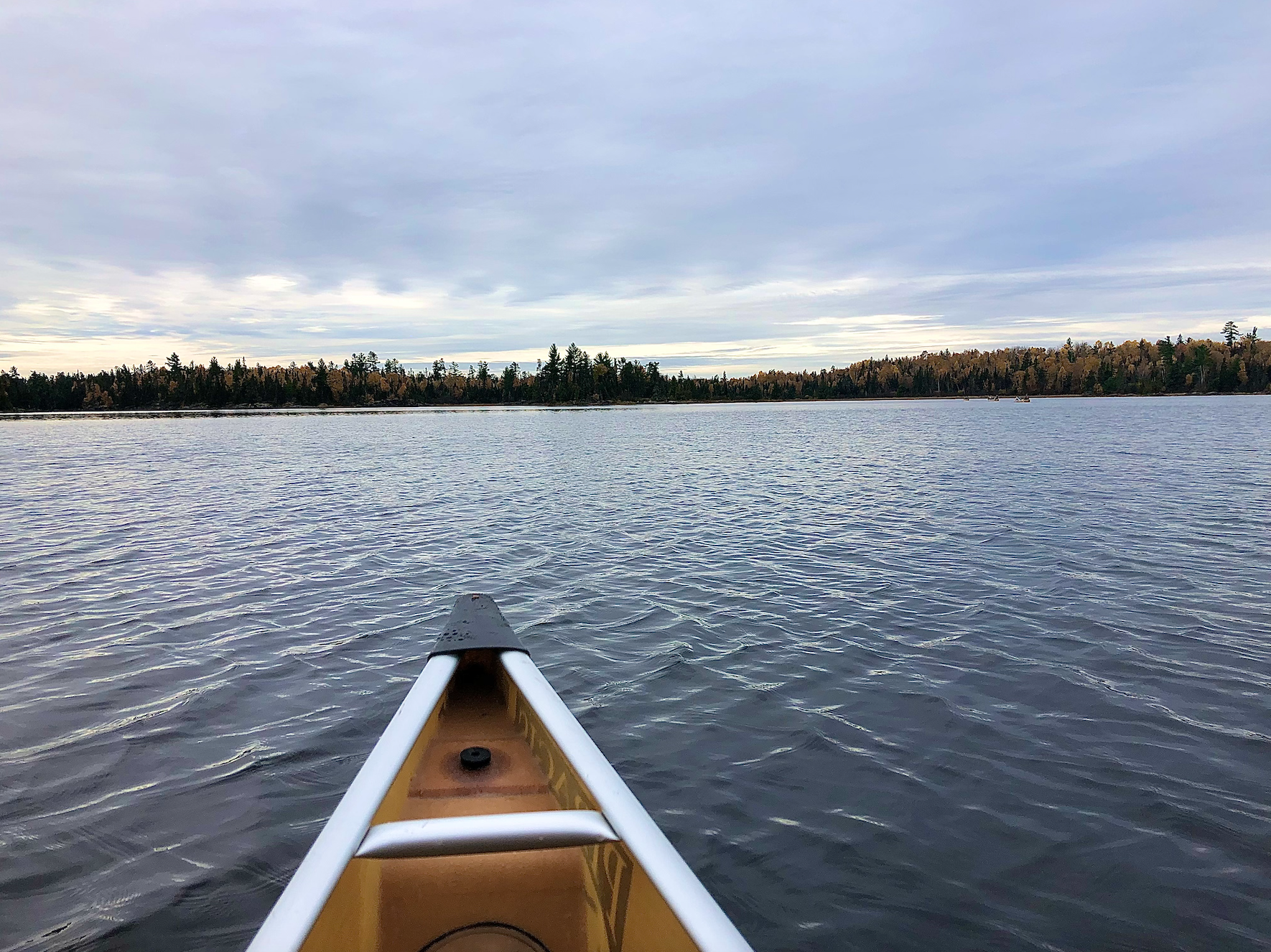The Boundary Waters Canoe Area Wilderness is the last great wilderness in the Midwest, consisting of more than 1 million acres of glacial lakes and mixed North Woods forests. This is the destination for making traditional canoe trips through unspoiled north country habitat, and more than 150,000 folks visit the BWCA each year.
But this region also holds one of the largest untapped copper reserves in the world — this valuable mineral is used in everything from cell phones to cars. And for decades there have been pushes to mine this reserve. Specifically, a company called Twin Metals, which is a subsidiary of a Chilean mining company, has applied for mining leases near the boundary waters. Under the pro-extraction Trump Administration there’s a real possibility for the proposed mine to advance. Insiders say that the Biden-era mining moratorium placed on the national forest surrounding the Boundary Waters could be lifted by the Trump Administration at any moment.
There are complicated social and economic dynamics around the mine, not least of which is the long history of taconite mining in the region — it is known as the Iron Range, after all. Many locals see the proposed mine as a way to bring more jobs to their small-town economies, even if the parent company is a conglomerate from overseas.
However, this proposed mine would target copper and nickel, and this type of mine has never been dug in Minnesota before. Opponents of the proposed mine say that a mine like this has never been built without creating pollution in some form. And they say that, without question, there will be irreparable damages done to the wilderness area if the mine were to go through.
Many outdoorsmen, conservationists, and Minnesotans, myself included, do not want to see a massive copper-nickle mine carved into the headwaters of the Boundary Waters.
To better explain why, in this episode of the Outdoor Life podcast I interview two folks who have dedicated their careers to the Boundary Waters. The first is Dave Seaton, the owner of Hungry Jack outfitters. Seaton has been making trips into the Boundary Waters since he was a kid, and for three decades he’s been outfitting folks so that they can make their own trips.
Then I’ll talk to Lukas Leaf, the executive director for Sportsmen for the Boundary Waters whose main mission is to ensure the protections around this wilderness area remain. Unfortunately, right now, it seems that Leaf and his crew have their work cut out for them.
Read the full article here





